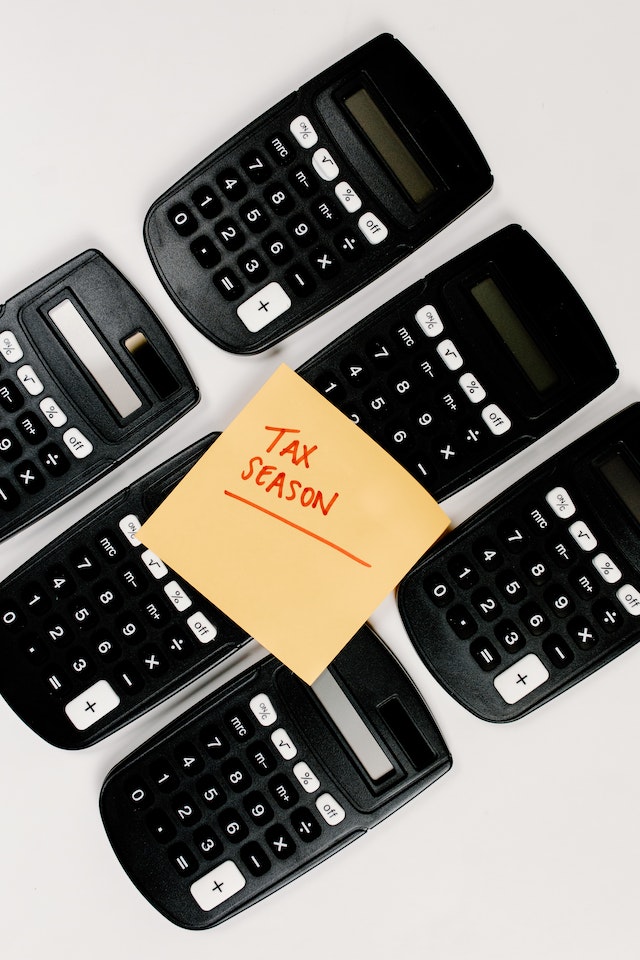Any person or business that has a tax debt may seek to have the ATO arrange for payment plans. Provided that the debt is not disputed. If you are a sole proprietor, or if you have an income tax or activity statement debt of less than $100,000. You can apply for a Payment Plan from the ATO online. If you are having difficulties paying tax debts, a payment plan with the ATO can be arranged. Remember, the ATO wants you to repay tax debts. Your payment plan is designed to assist, so be as transparent and proactive as possible.
We will need to make an application on your behalf with the ATO, as well as provide you with other information. Show that you can eventually pay off the tax debt and that you are making a reasonable effort to put together funds. For larger debts, the ATO will typically require that we submit some sort of evidence showing you are capable of meeting your settlement. If your information does not completely comply with the ATOs policies. A debt repayment plan with the ATO will either be rejected, or the terms and conditions for repayment are not appropriate.
If the payments are missed, then the ATO may exercise one of their many collection powers against you. Your payment history and defaults affect the ATOs determination. Wether or not you can enter a new agreement, and what the terms of that agreement must be. When attempting to establish a payment arrangement, the ATO may ask for some information from you. Such as how the debt came into existence and why you are not able to repay it.
While an ATO payment arrangement is in effect, you are required to file all future returns on time. Pay any associated tax liabilities in full, or the arrangement automatically terminates. A payment arrangement is a deal between you and the ATO in which you agree to repay the tax liability in instalments over time. A Payment arrangement is an agreement between the ATO and the taxpayer. Whereby a taxpayer agrees to pay their tax debt over several instalments.
In times such as these, a repayment plan with the Australian Taxation Office (ATO) for paying the debt in instalments can be an option. If your debt falls in this range, you can likely negotiate late payments or get a payment plan. We recognise that it may be difficult at times to make full payments on the date. If you are due, you may be able to set up a repayment plan so you pay off the debt in manageable smaller payments over a set timeframe. Small businesses with less than $2 million in turnover, less than $50,000 of business statement debt.

If you are not able to pay your owed taxes by your original filing deadline. Your balance is subject to interest and a monthly penalty for making late payments. If you cannot pay some amount owed because making payment will make it impossible for you to meet basic living expenses. You may ask that the ATO postpone collection until you can make the payment.
If you fail to agree to a payment plan and continue to keep unpaid tax debt. The ATO may seek repayment from future refunds or credits, or bring in an outside recovery agent. The ATO has created payment plans to assist struggling individuals and businesses. So, apply for one if you are struggling to repay a tax debt. The ATOs Online Payment Plan Estimator can help you figure out how you will be able to repay the debt. Or you can seek the assistance of a financial counsellor.
The ATO offers a payment plan calculator that helps give you an idea of how long your debt is likely to take to repay. Or how much it should cost you to repay over a fixed timeframe. Once you have analysed your tax debt, as well as your business and financial circumstances. You can work out a manageable, realistic plan of ATO payment arrangements, including detailed cashflows and budgets. Once you have set up your ATO payment plan, you can then look at your income, business structure, or personal finances. Helping you devise a plan that will ensure that you are taking all the potential steps in minimising your future tax debt.
Ye can set up an ATO tax payment plan tailored to your circumstances and handle dealings with the ATO. Giving you peace of mind knowing that you are on the right path. It helps you maake moves to minimise tax liabilities where possible. The ATO can take varying actions depending on the taxpayer, type of debt, and the size of the debt. Though generally, the ATO has favoured forbearance. When it comes to providing payment arrangements for struggling taxpayers with smaller amounts owed. For example, if you have a poor record of compliance, the ATO may require a larger initial payment from you. Or require payment to be made via direct debit.
If the tax debt is ignored, the ATO can take more severe measures, including referring the matter to outside collection agencies. Issuing garnishment notices, directors’ penalties notices, bankruptcies, or commencing an insolvency proceeding. A Tax Debt Loan can be used either to repay your debt or provide a downpayment to ensure you have a repayment plan. The interest may even be tax-deductible. Any tax credits and refunds that you receive will go toward your tax debt. They do not replace required instalment payments.



